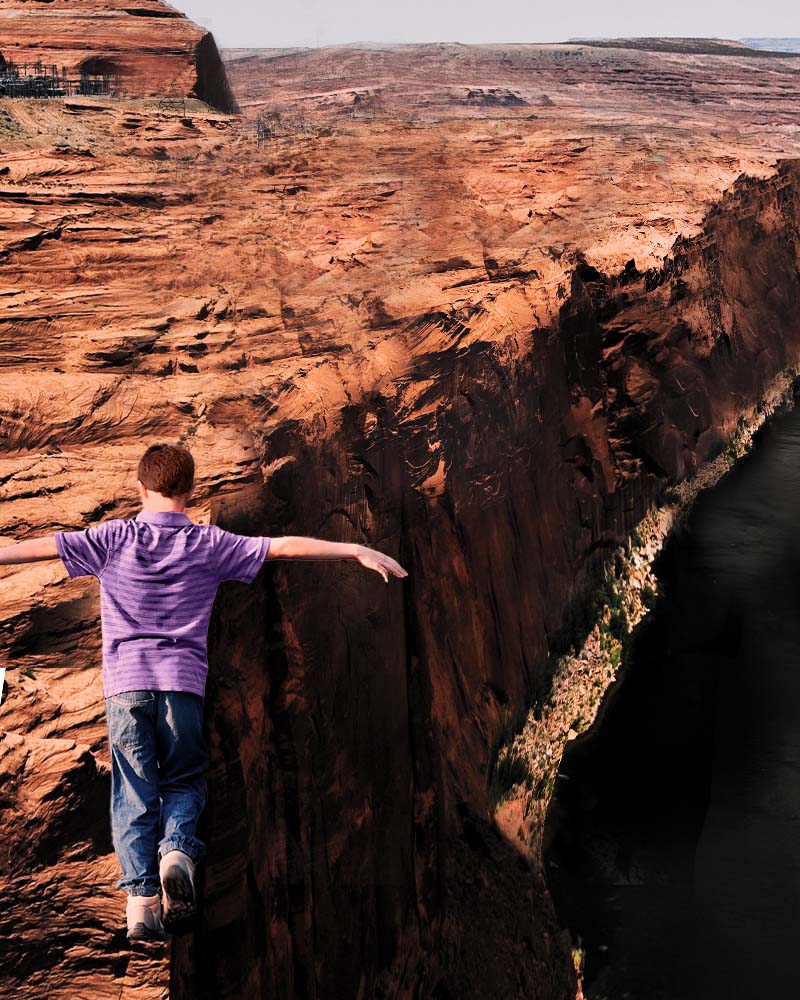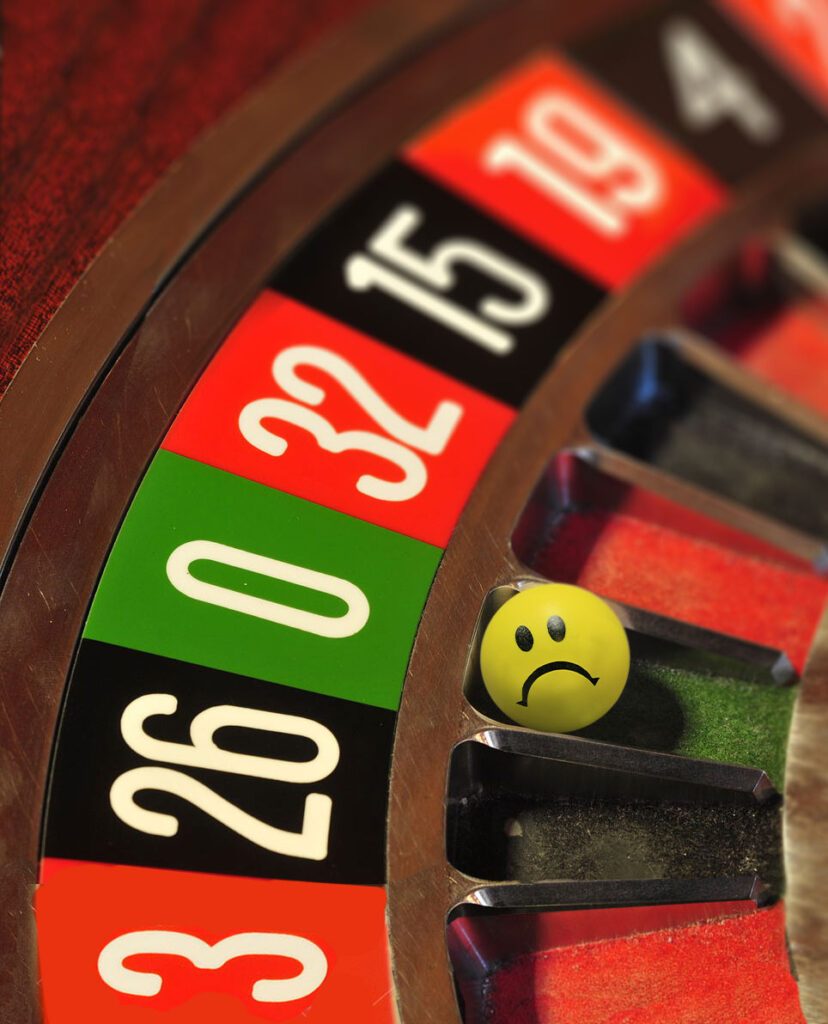A few years ago, I died in a dream.
Back when I was growing up, that was considered to be impossible. The common wisdom was that if you died in a dream, you’d never wake up — dream death equaled real death. (It never occurred to me at the time that there was no way to verify that claim empirically.) Sure enough, for most of my life, I could dream of almost dying, but never of actually crossing the threshold.
In real life, I’ve had several experiences of narrowly avoiding death, and so have many people I’ve talked to. Given how common that experience seems to be, it’s amazing how many of us are still alive.
My most vivid memory of not dying comes from a family trip to Washington, DC when I was eleven years old. It was my first experience of traveling far from home, and I was in a constant state of excitement. (This was back before the federal government had taken on its unshakeable aura of sleaze, when seeing the Washington Monument and the Lincoln Memorial for the first time could be genuinely awe-inspiring.) As we strolled past several blocks of gleaming government buildings, I could barely contain my energy. There was a series of low, white retaining walls that separated the buildings’ sloping lawns from the sidewalk, and I jumped onto each one and strode along it balance-beam style, with my arms out to the sides.
At one point I came to a wall that was just like the others, except that it had a squat metal railing down the middle. I jumped up on it and tried to keep up the pace, but the railing made it difficult to get my footing. As I glanced briefly to my right, I discovered why this wall was different from the others: We were on a highway overpass, with six lanes of traffic racing below, and I was balancing on its very edge.
I gasped and immediately jumped to my left, down onto the sidewalk. My parents, still walking, had no idea that anything had happened. But that glimpse of the highway below me — still burned into my memory today — remained horrifying. I realized how close I had just come to catastrophe.
I didn’t find out on that day what it felt like to die, and assumed that I would never find out until the moment actually came. But then, not too long ago, I had this dream.
In my dream, rather than balancing on the edge of an overpass, I was lying in bed, dozing. There were other people in the room, quietly moving about. Suddenly everything froze — time itself seemed to stop. Although no omniscient voice told me so, I immediately understood that my life was about to end. I’d been granted this pause so that I could adjust to the idea and prepare myself. The pause would last for as long as I needed it to.
When I felt that I was ready, I shifted in the bed. That motion was enough to end the pause and start time flowing again. Surprisingly quickly, I (my consciousness?) left my body and started hurtling away. I started to cry out, but the voice wasn’t coming from “me”; it was coming from my body, which was rapidly vanishing into the distance. I was simultaneously frightened and exhilarated, watching the world I’d known shrink down to a pinpoint and then disappear.
I wish I could say that this is where the dream ended. In the absence of any actual experience, if I ever ask myself what dying is like, this scenario seems as real and believable as any. The preparatory pause certainly seems like something that a benevolent universe would bestow.
Unfortunately, the dream concluded on an unexpectedly sour note. There “I” was, disembodied, surrounded by blackness, alone in an empty universe. I immediately knew that this couldn’t be real. If I were truly dead, there would be no “me” left to have this experience — either my consciousness would come to an end, or it would merge into the rest of existence and become part of a whole. Clearly, this couldn’t really be death; someone must be playing a trick on me.
Faced with this disappointing realization, I did the logical thing: I woke up. I still like to say that I died in this dream, thus refuting my childhood belief that one can’t; but it will be quite some time (let us hope) before I know for sure.


Recent Comments